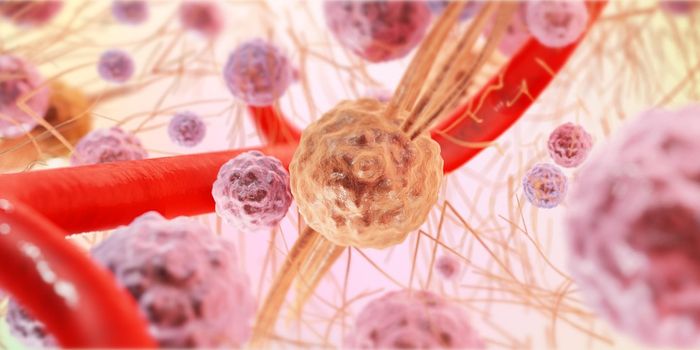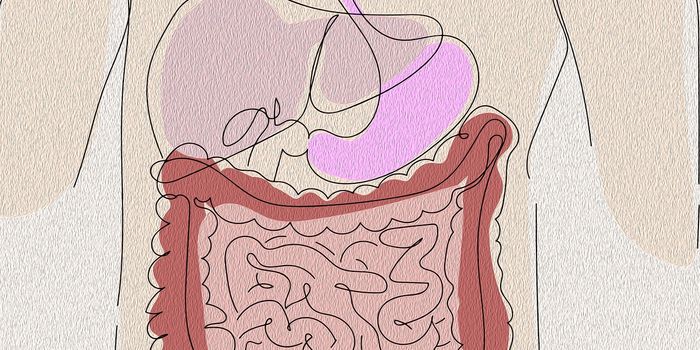Fecal transplants help melanoma patients
Introducing new microorganisms to the gut microbiome can improve patients’ response to immunotherapy, suggests research published recently in the journal Science. Led by scientists from Oregon State University, the study provides evidence that fecal transplants could significantly enhance melanoma patients’ responses to treatment.
Andrey Morgun and Natalia Shulzenko collaborated to develop a model they call transkingdom network analysis. Sounds fancy, doesn’t it? This technique analyzes the interactions between gut microbes – of which there are about 1,000 different species in the gut microbiome, reaching approximately 10 trillion cells – and figures out how such interactions influence biological functions, such as the body’s response to immunotherapy. In their study, the team focused particularly on the response of gut microbial interactions with a therapy called anti-PD-1.
"It was pretty dramatic," said Morgun. "We found altering the gut microbiome can take a patient with advanced melanoma who has never responded to immunotherapy, which fails about 60% of the time with this kind of cancer, and convert the patient into one who responds to it."
Their study involved taking fecal samples from patients with melanoma who showed a successful response to anti-PD-1 therapy and introducing them to patients (by way of colonoscopy) who had not responded to the therapy previously. Six out of the 15 patients receiving the therapy and fecal samples showed tumor reduction or disease stabilization that lasted for more than a year.
"Putting everything together, we showed that the fecal microbiota transplants and anti-PD-1 drug can change the gut microbiome and effectively reprogram a tumor's microenvironment so anti-PD-1 resistance is overcome," Morgun commented. "The promising findings clearly warrant more investigation in bigger clinical trials. That way we can better identify microbial, bloodstream and intratumor biomarkers to select melanoma patients most likely to benefit from microbiome-based therapy. We really expect that eventually, we'll identify a collection of bacteria with a high success percentage for converting immunotherapy non-responders into responders."
Sources: Science, Eureka Alert








